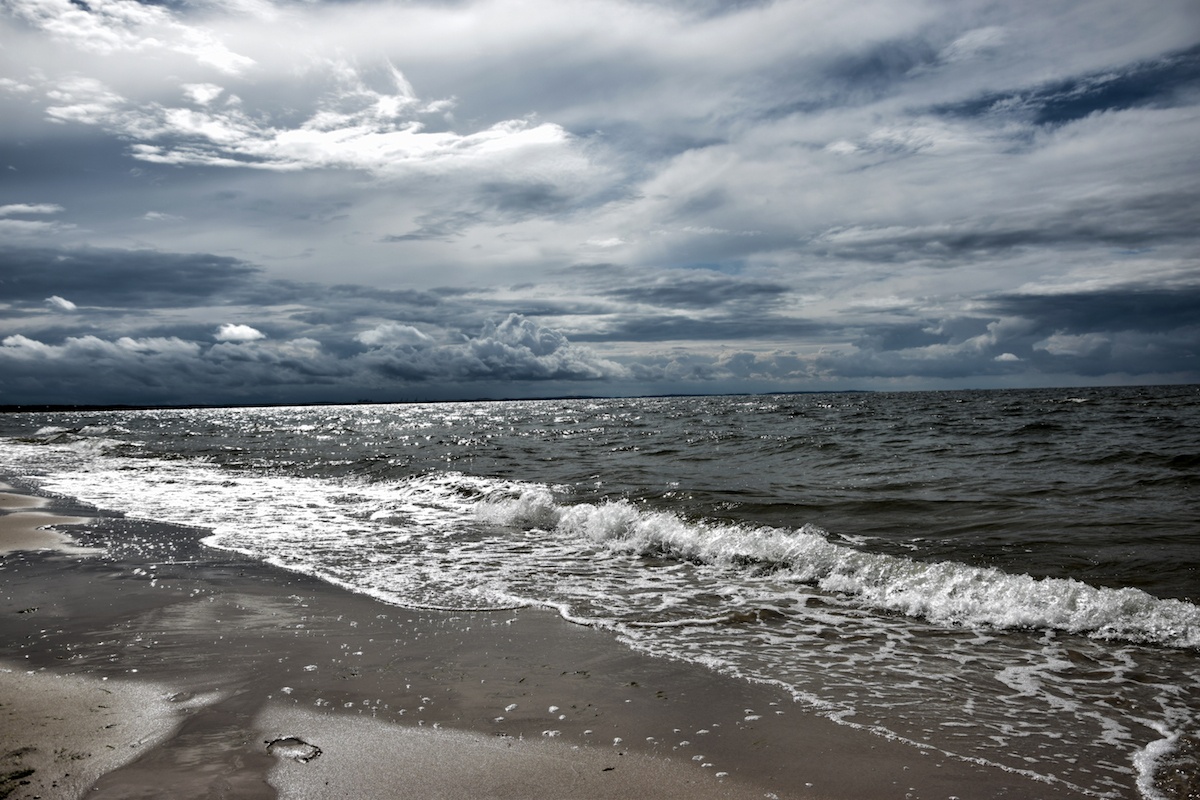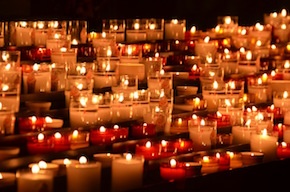It’s been two days since Hurricane Irma finished whipping her way through the Caribbean and Southeastern United States. For the last week, life around here has unfolded in surreal fashion, and we’ve got a long way to go before things get back on track. All over the affected areas, people are experiencing varying degrees of devastation as a result of this storm’s overwhelming impact. We’re repairing what was damaged; grieving what was lost; scrambling for gasoline, water, and other essentials; hoping that our electricity, phone signal, and air conditioning will be restored; wondering how long it will take to rebuild. We’ve all got different circumstances and different stories. We’re all pretty tense and pretty tired. But in spite of it all, we’re getting a number of valuable lessons from Irma. If we’re willing to learn from this storm, there are many things it can teach us. Here are just a few:
The power of perspective. One of the first clients I worked with after the storm had a pretty harrowing Irma experience. As he recounted some of the details, I felt compassion and sympathy for what he’d gone through; I was filled with gratitude for not having struggled as much as he had. So I was astonished when he went on to say that his storm experience was one of the most beautiful and profound he’d ever had. While he acknowledged the unfavorable nature of his situation, he chose the perspective that the storm “happened for a reason,” and he opened himself up to what it had to teach him. The truth is, a natural disaster isn’t a completely positive experience. But it isn’t a completely negative one, either. We can choose our perspective, even when we can’t choose our circumstances—and that’s a pretty powerful thing.
The value of community. It’s no secret: isolation is endemic in our culture, and it’s killing us. Modern living makes it easy to detach from one another and focus on our individual needs. But during times of collective crisis, we tend to pull together and lend each other a hand. In realizing that we’re all in this together, we’re more apt to connect and collaborate. All across the areas impacted by this storm, evidence of this abounds. And though it might be a difficult time, we get to experience some relief in knowing that we’re not alone. Whether we’re giving or receiving support, there’s a lesson to be learned about the magnificent gifts of connection and community.
The wisdom in surrender. One of the things that made Hurricane Irma such a severe disaster was the staggering size of it. For those of us in its path, there were few good options. Mother Nature was sending Irma to us, like it or not, and we couldn’t really get away from it. Though we got busy doing the best we could to prepare and protect ourselves, we couldn’t control the storm itself. We could, however, determine how to respond to it. We could become consumed with fear and anxiety, deny what was happening, resist the situation, or think of all the reasons why it shouldn’t be happening to us. But it was happening anyway. And the thing is, lots of life works this way. Irma gave us a gift in teaching us that when things are out of our control, all we can do is surrender. Not as a way to give up, but as a way to lean in to what’s already happening. There’s wisdom in this—the likes of which can transform our lives.
The beauty in simplicity. This storm has taken many things from many people. It’s brought devastating loss. And as difficult as it might be, it’s possible to see that something can be gained from what’s been lost. All of us who experienced this storm—even if we suffered little loss—have spent several days without certain comforts and constants. Starbucks is shuttered, nail salons are boarded up, and Netflix is inaccessible. Millions of homes lost electricity, and Wi-Fi is hard to find. Being stripped of the trappings of our cozy modern lives can offer a profound lesson for those willing to receive it. Our return to relative simplicity can teach us to discern between the vital and the inconsequential, the fundamental and the frivolous. It’s all too easy to get caught up in the details of our lives and lose sight of what matters most to us. Perhaps this lesson from Irma can inspire us to make an intentional practice of keeping it simple.
The reality of our resilience. There’s no denying that natural disasters like Hurricane Irma, Hurricane Harvey, and the devastating earthquake in Mexico create incredible suffering for the people affected by them. Much is lost and destroyed, to be sure. But even amidst their trauma and devastation, people continue to breathe the next breath, take the next step, and continue moving forward. Words like relief, repair, recovery, and rebuild become part of our common discourse about these events just as soon as they’ve happened; this alone is proof of our expansive capacity to begin again. These are troubling times for many. But they will pass. And we’ll get through it, one way or another, to continue beginning again and again.
If you’ve been affected by Hurricane Irma and are seeking support, let’s connect and set up a time to talk.
Want to lend a hand to the communities affected by the storm? Here are some ways you can contribute:
The Miami Foundation Hurricane Relief Efforts
Hurricane Irma Community Recovery Fund
The New Tropic List of Ways to Help & Volunteer


